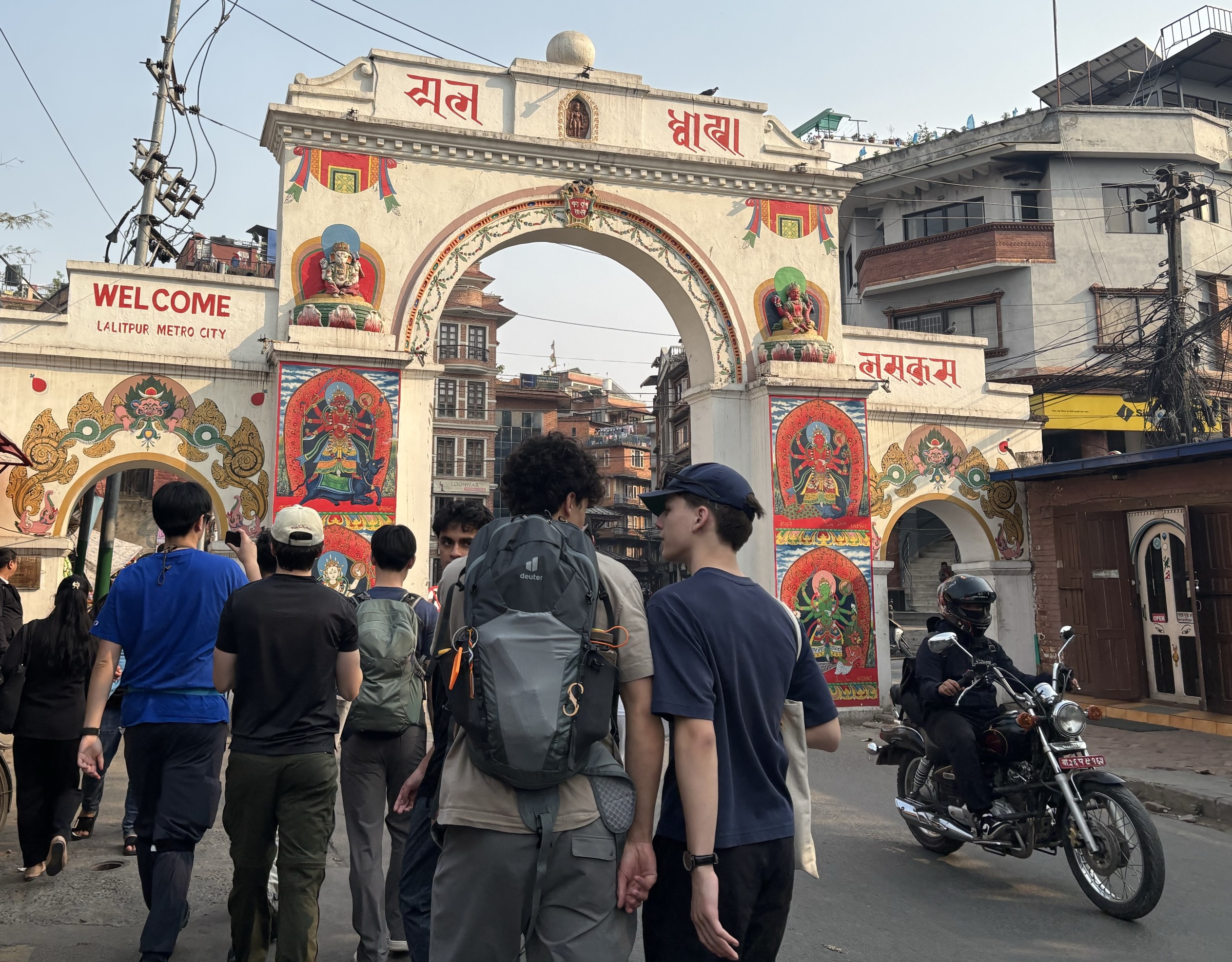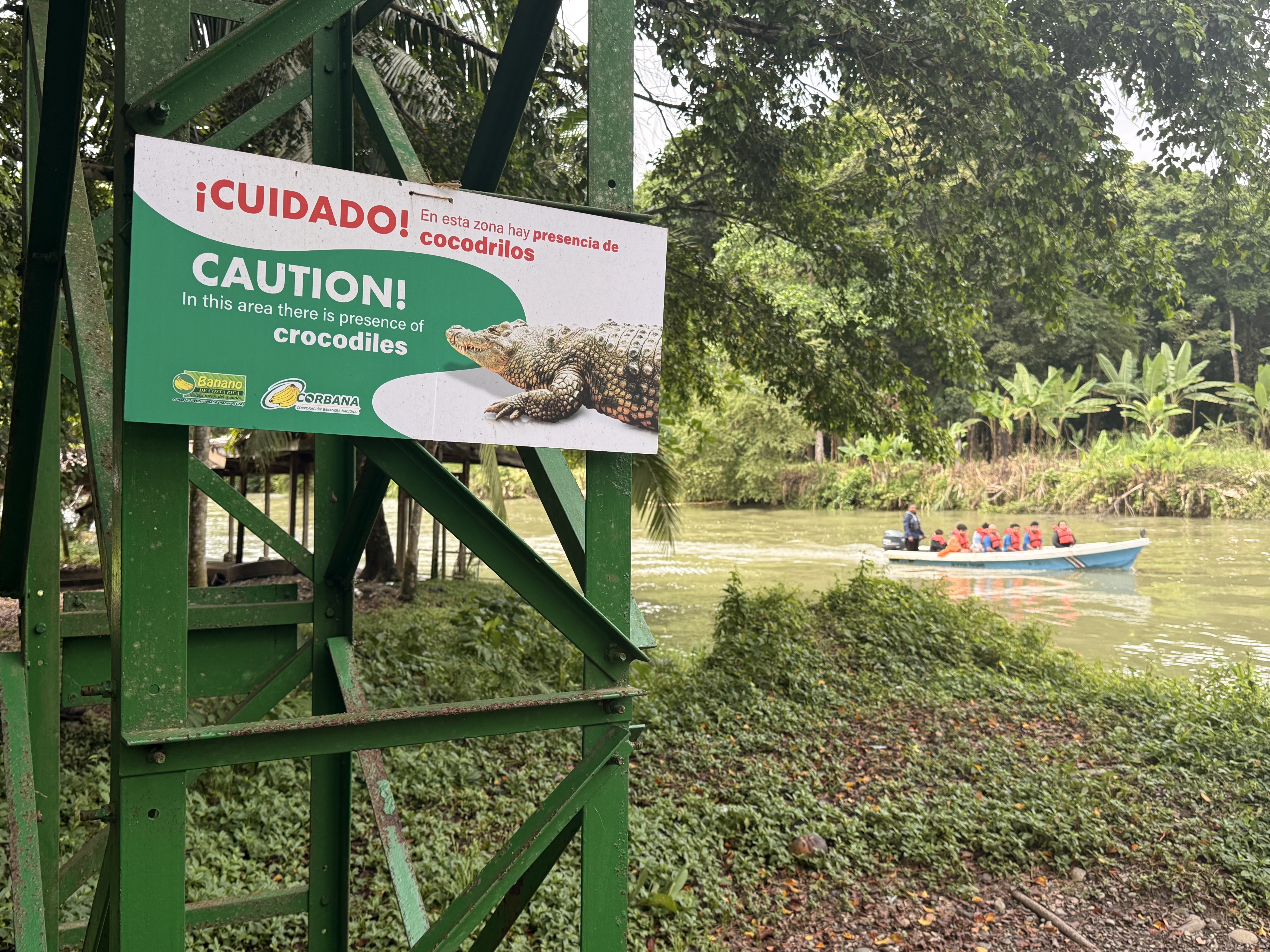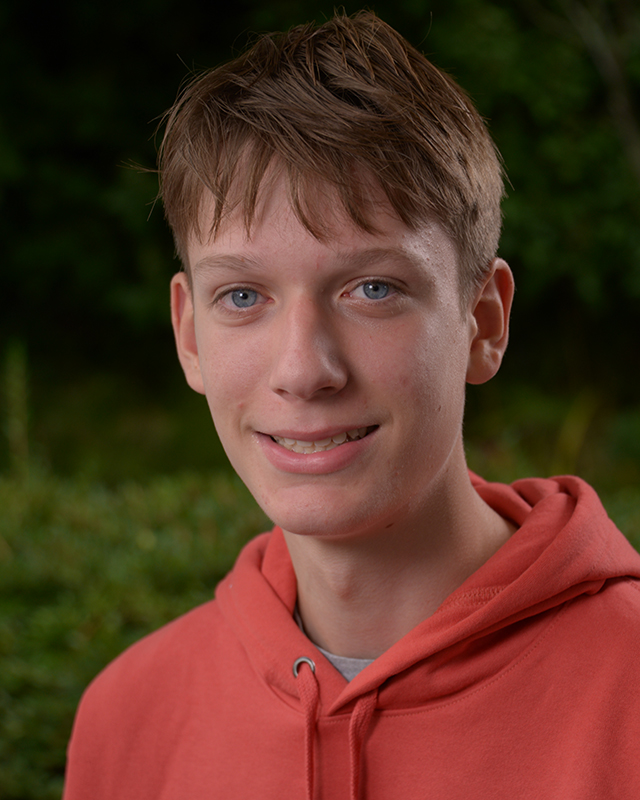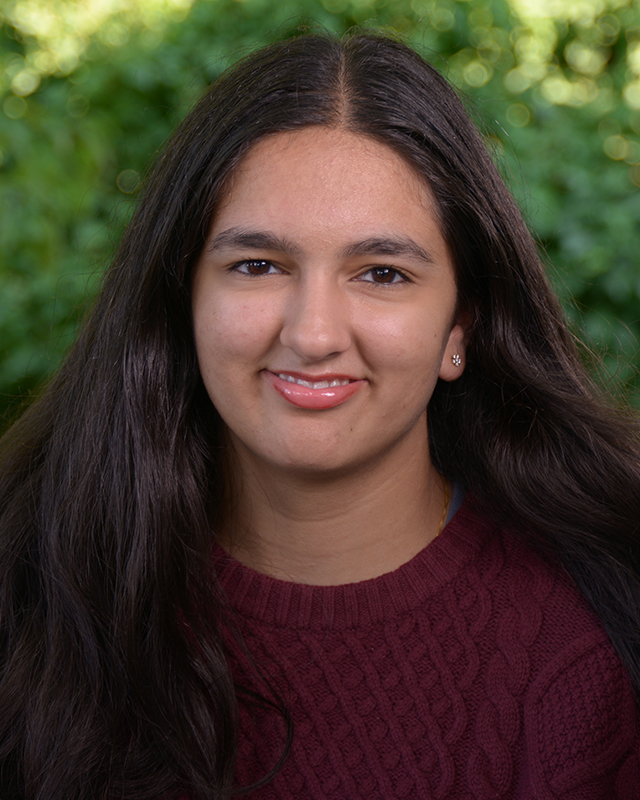
Experiential Education
Hands-on experiences that embolden the changemaker within.
Overlake’s core education principle is learning by doing. Students step beyond familiar boundaries, dive into new experiences, and discover through action on-site. From trekking through wilderness during Outdoor Education adventures; to building partnerships with local non-profits through our Service Learning program; to engaging in diverse Project Week experiences like getting a taste of Seattle's coffee culture—their educational journey takes many forms. Each hands-on opportunity strengthens our commitment to the adventure that is education at Overlake.
Today’s dreamers take flight and become tomorrow’s leaders.
These experiences aren't just extracurriculars; they're core events that shape well-rounded leaders. Grounded in project-based learning, place-based education, and community engagement, our Experiential Education (EE) program creates space for intentional reflection and growth. Rooted in Kolb’s experiential learning cycle, students connect classroom learning to real-world applications, building leadership, teamwork, and problem-solving skills that serve them well beyond Overlake.

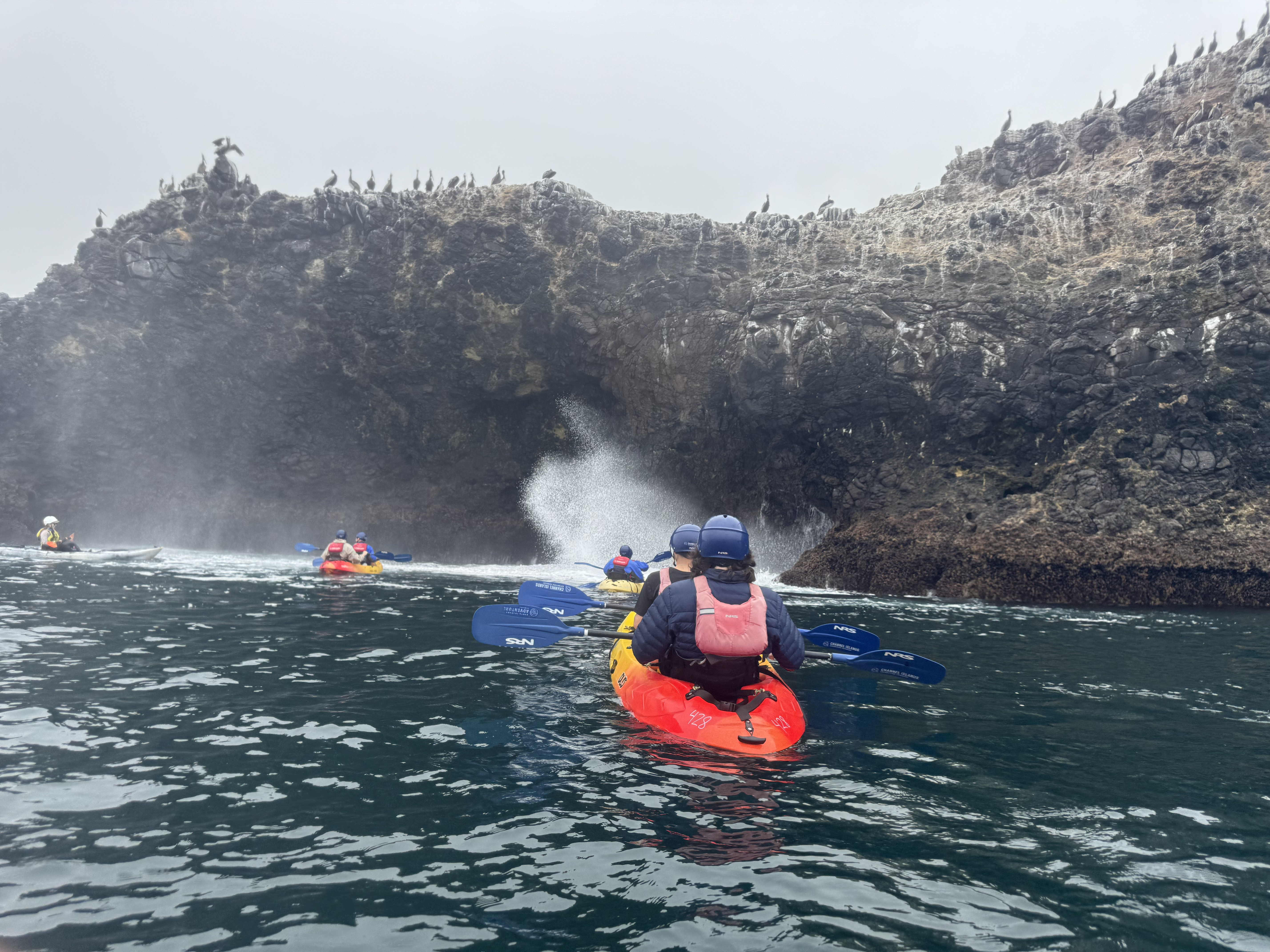
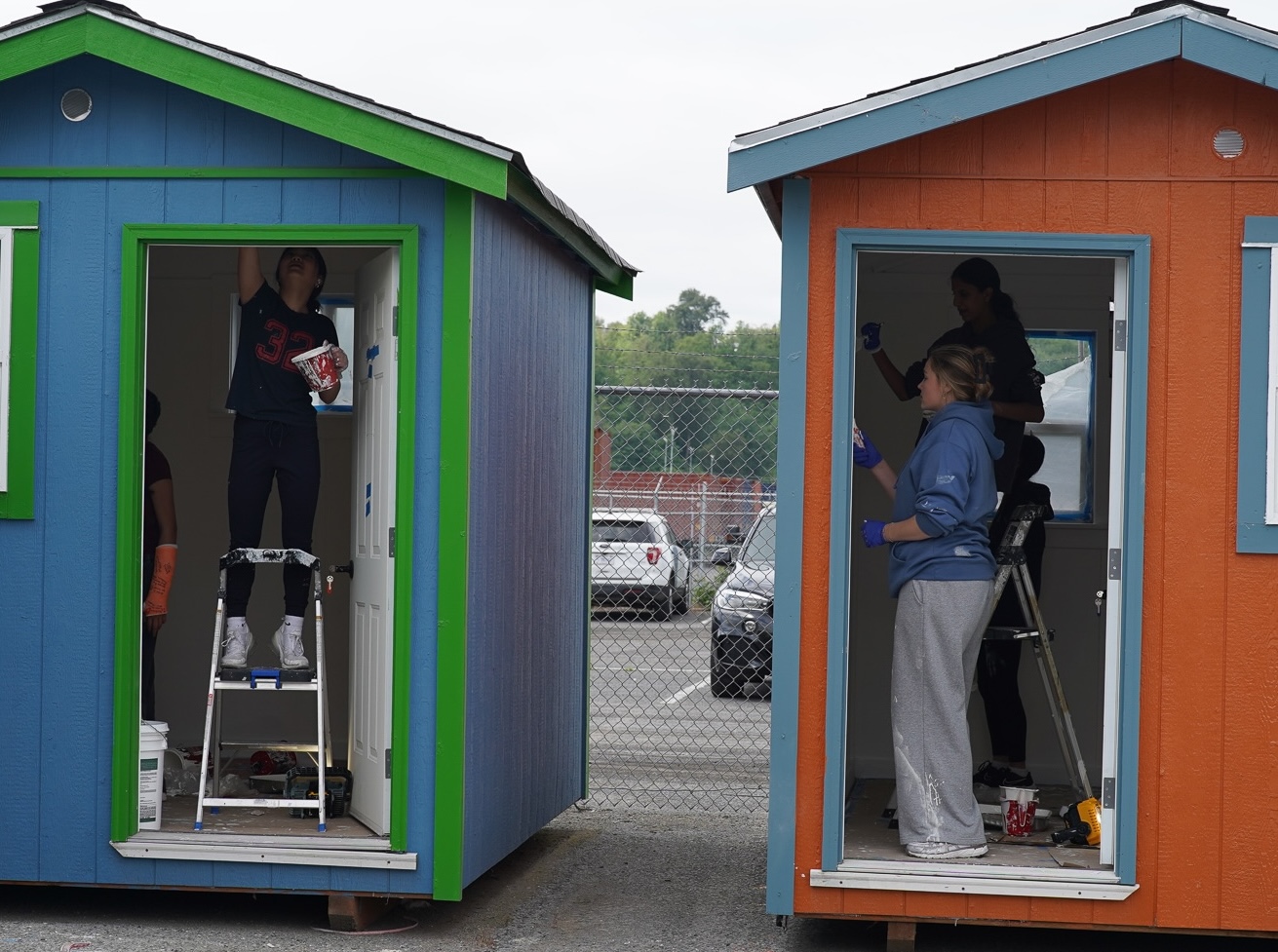
Welcome to learning without limits.
Project Week is an annual, yet rewarding requirement for all Upper School students, combining experiential and project-based learning with interdisciplinary connections. This component of EE collaborates with all departments to create meaningful cross-curricular experiences that extend student learning outside of traditional classroom settings. These partnerships enable students to see how academic concepts apply in real-world contexts and build relationships with faculty across disciplines.
Connecting the classroom to the community through service.
Service Learning at Overlake urges students to develop a lifelong commitment to community engagement. Upper School students complete 15 service hours annually, totaling the 60 hours needed for graduation. Our entire school community comes together during our Fall and Spring Service & Stewardship Days, fostering connections and a sense of responsibility that extends beyond our campus.


Fantastic adventure-based trips await the brave and bold.
Our outdoor education program invites students to traverse the natural world through a variety of activities, including hiking, backpacking, rock climbing, mountaineering, snowshoeing, fly fishing, paddleboarding, and kayaking. These trips strengthen confidence, perseverance, teamwork, and environmental awareness.
Upper School students are required to participate in two days of outdoor trips each year as part of their graduation requirements. With 18-26 trips offered annually across different seasons, there's something for everyone, such as:
- Fall: Stand-up paddleboarding, rock climbing, backpacking, and service opportunities
- Winter: Snowshoeing, urban service projects, and indoor climbing
- Spring: Sea kayaking, whitewater rafting, fly fishing, paddleboarding, hiking, and rock climbing
These diverse seasonal offerings allow families and students to plan ahead and choose experiences that align with their interests and comfort levels.

Growth through hands-on breakthroughs in the great outdoors.
Field Studies marks the pivotal transition between Middle and Upper School, offering eighth graders a meaningful capstone experience that combines outdoor education, group living, and personal growth opportunities. During this stint, students engage in activities like whitewater rafting, hiking, and team-building exercises while discussing the upcoming high school transition with current Upper School students.
This is where students develop essential soft skills, including independence and environmental awareness, as well as practical aspects of Upper School life, such as academic expectations, time management, and social dynamics. It is through this experience, students gain confidence and community as they prepare for their next chapter.
Building community off-site where adventure awaits.
Every fall, Overlake kicks off the school year by sending all 550 students off campus for grade-level retreats. These two-day off-campus experiences prioritize connection and building community. Away from classrooms, students build relationships, grow personally, and take healthy risks in supportive environments; from building a boat to completing a high element in the challenge course.
Passions get pursued in our student-led clubs.
At Overlake, clubs offer Middle School and Upper School students dedicated time during the school day to explore interests beyond the standard curriculum. The program not only allows students to pursue passions they might otherwise miss out on but also creates beneficial leadership opportunities. Upper School students can even propose and lead clubs, nurturing organizational skills as they guide peers in shared activities.
Check out some of our exciting clubs!
Sources of Strength is a national program to support and improve student mental health. We spread Hope by focusing on stories of strength, rather than on stories of trauma. We know our most powerful impact comes from our personal actions, conversations, and messages that use our music, our art, our writing, our activities, our social media, our culture, and our voice. This program will work to host activities on campus that build others up!
The 3D design and printing club will be focused on teaching its members the basics of 3D design using the online software Tinkercad. If the members display full mastery, the course will progress to learning Autodesk Fusion 360, a more powerful software. Members will also learn the basics of 3D printing including what it is, terminology, and how a 3D printer works. Still, most of the curriculum will be devoted to learning how to design 3D models.
Students are introduced to the sport of Olympic Weightlifting. They learn the fundamentals of snatch, clean, and jerk. They also learn the history of the sport, watch videos of famous lifters, and review slow-motion breakdowns of the lifts. This sport builds strength, balance, and confidence, while also teaching focus, patience, and perseverance.
Reaching new heights with hands-on learning—literally.
Our climbing wall serves as a foundational part of Overlake's Experiential Education program, directly integrated into the 5th and 6th-grade Physical Education (PE) curriculum. Beyond structured class time, students can join the climbing club and participate in open climbing sessions throughout the academic year. This climbing wall provides students with a supportive environment to build a new skill and develop confidence, which are cornerstones of our hands-on educational philosophy.
Bring your passport; learning at Overlake knows no borders.
Overlake's International Travel Program offers students immersive global experiences that expand their learning outside of our campus borders. Changemakers participate in language immersion, cultural exchange, and adventure-based learning experiences that promote global citizenship and cross-cultural understanding. These international journeys, often co-led by faculty from the Language Department and other academic disciplines, connect classroom concepts with real-world applications, furthering adaptability and appreciation for diverse perspectives.

